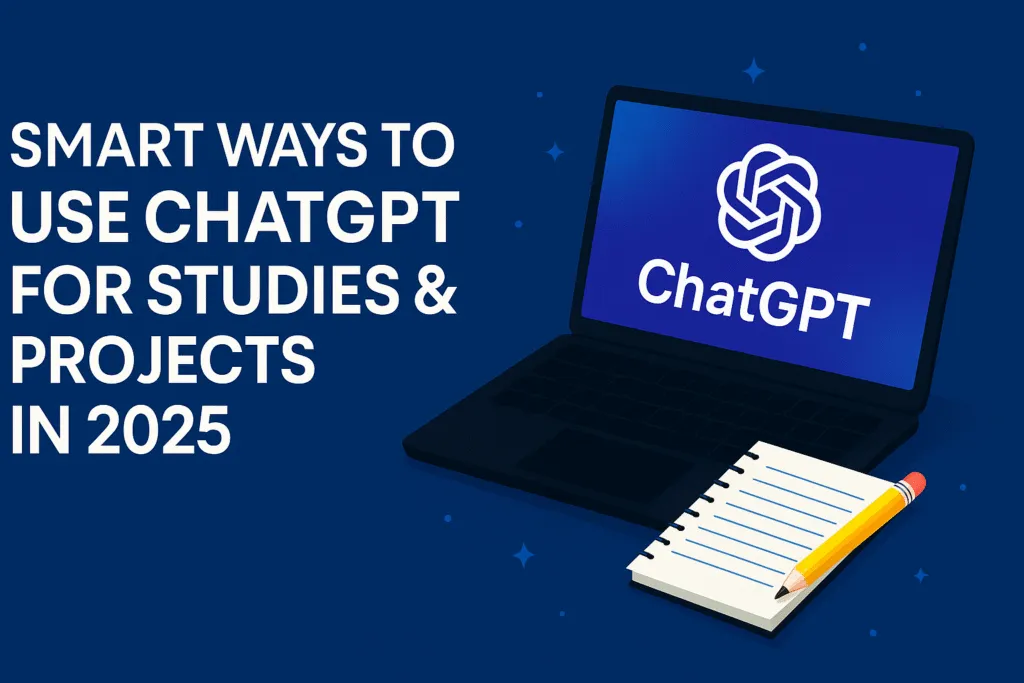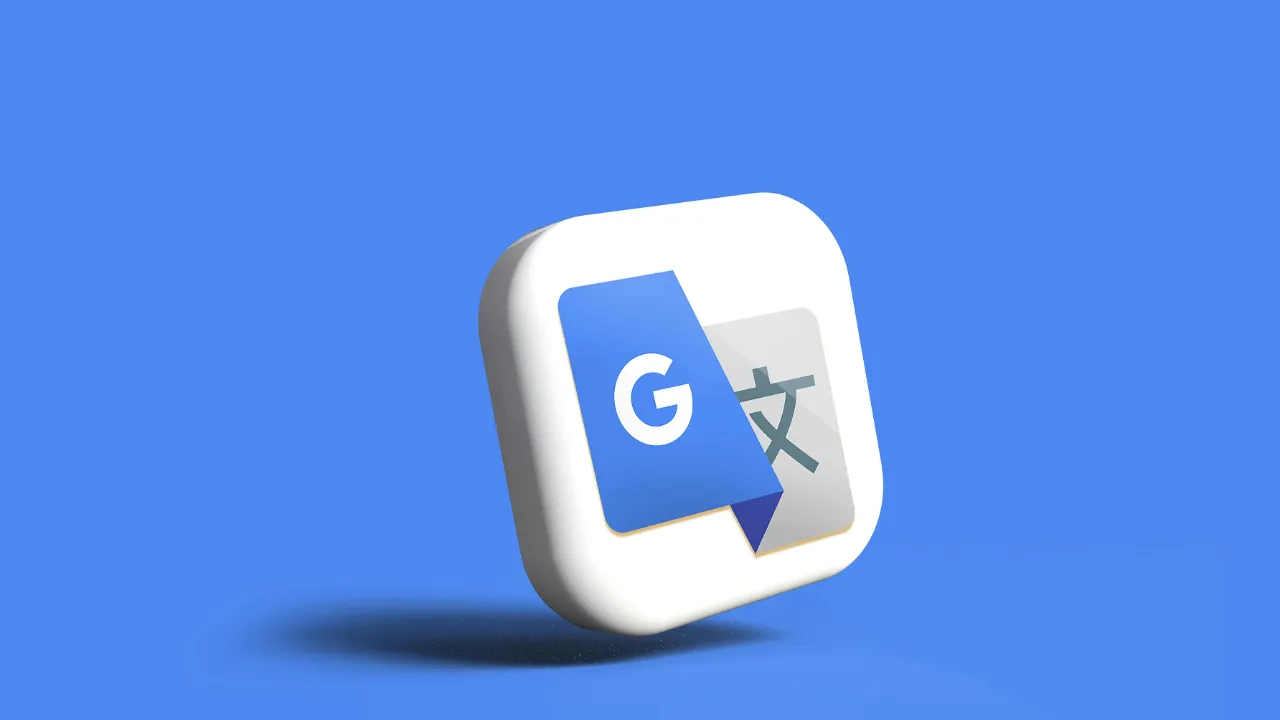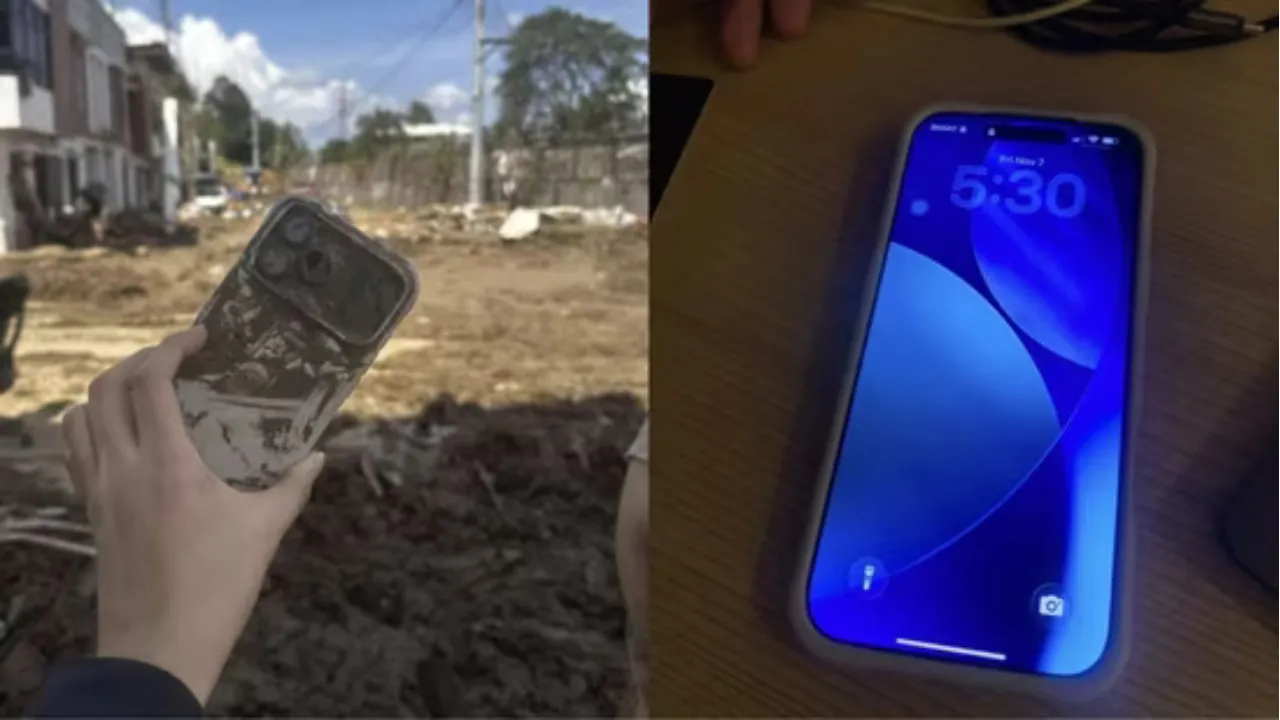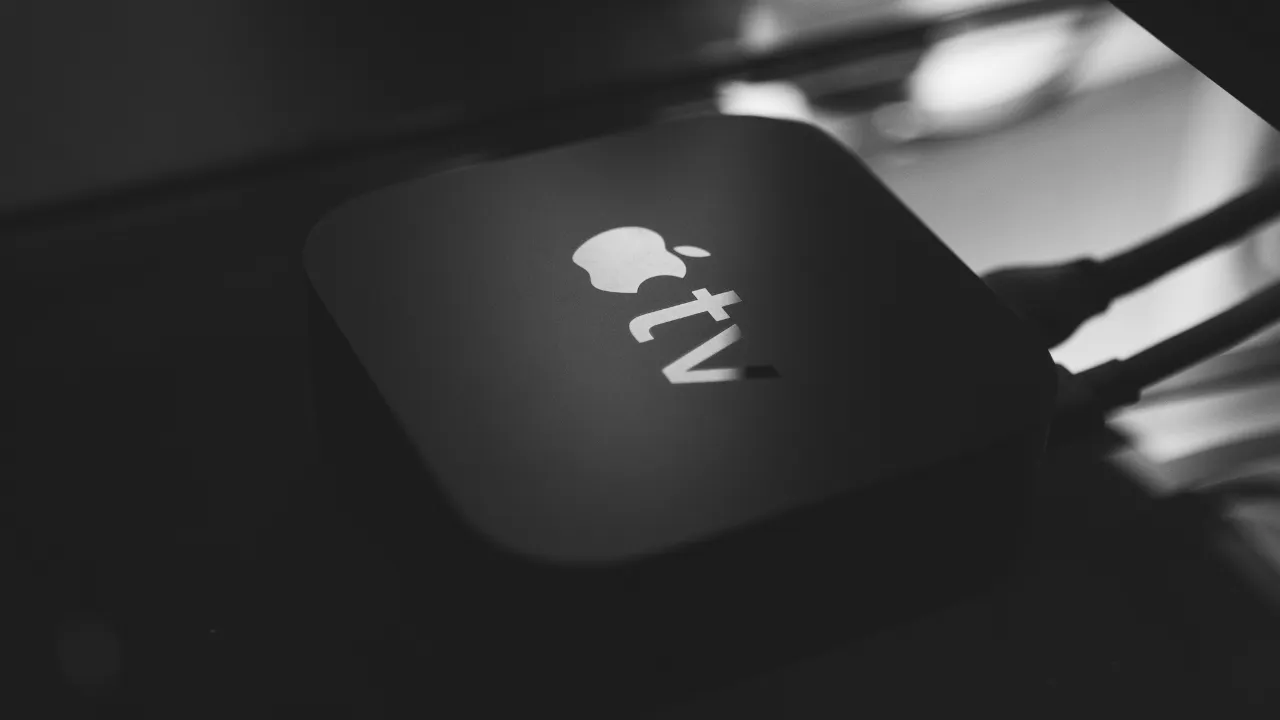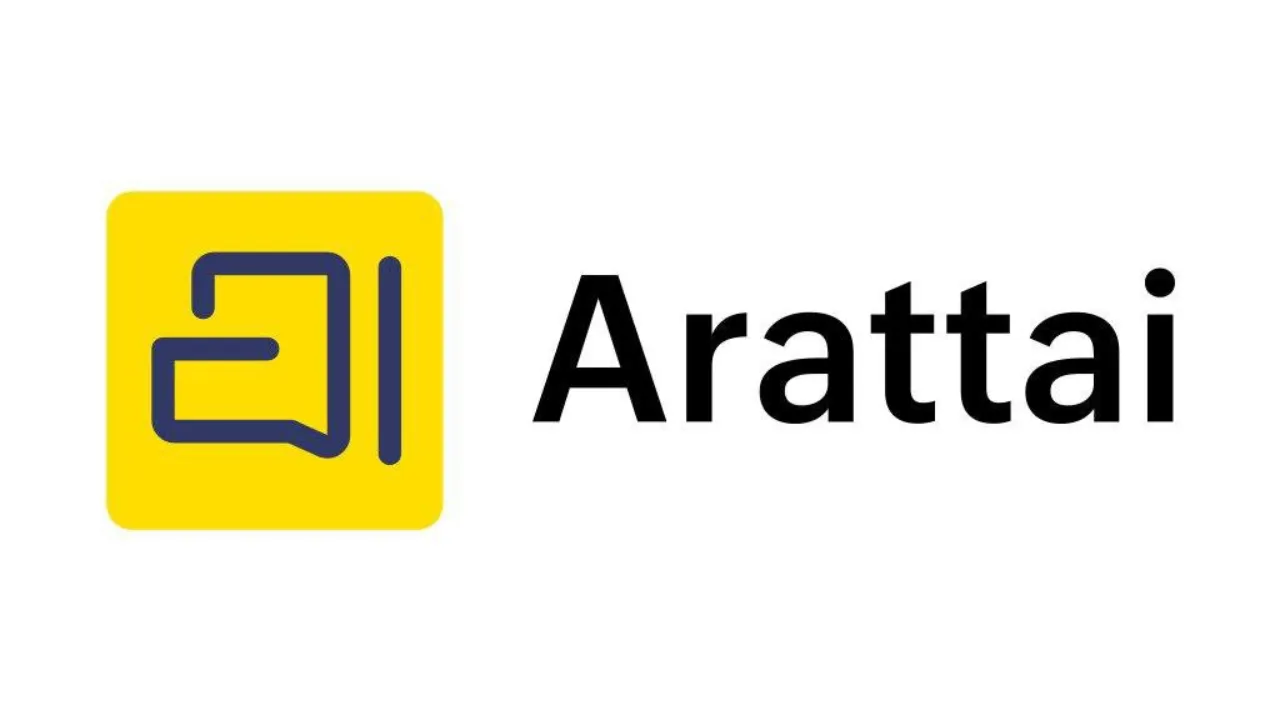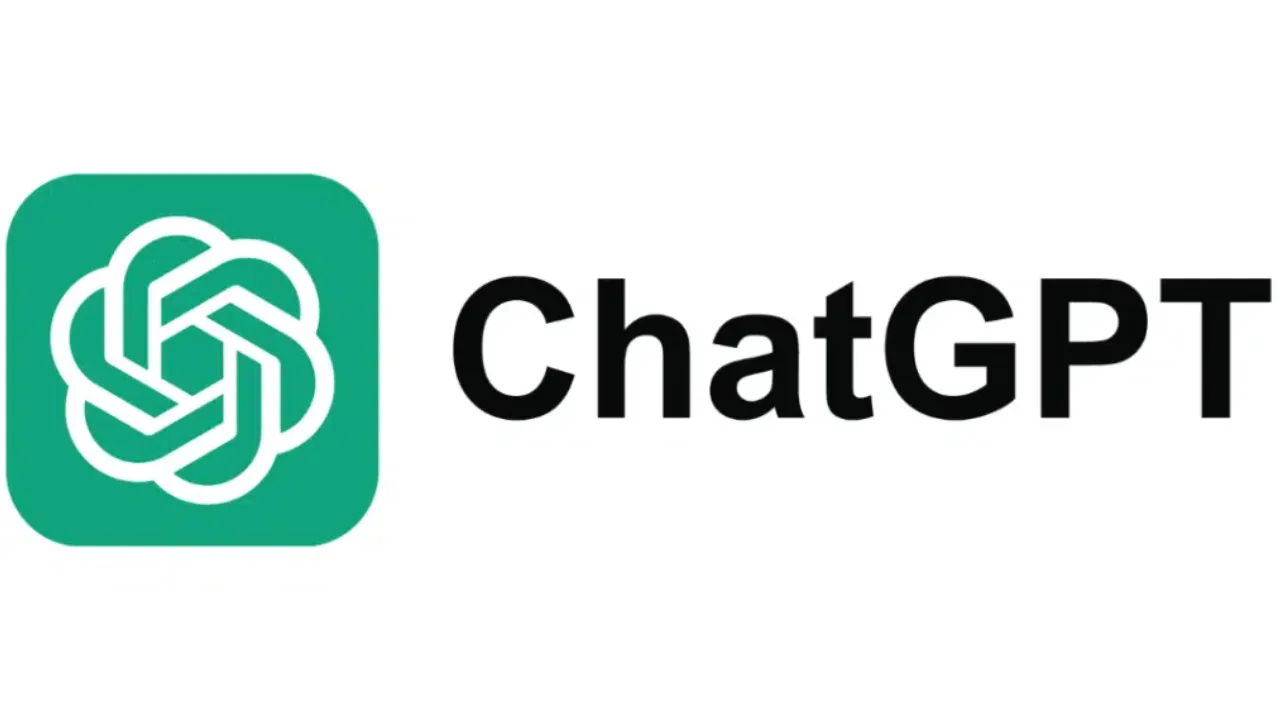Introduction – Why Students Are Turning to ChatGPT in 2025
In 2025, education has entered a new era where AI tools like ChatGPT are reshaping how students learn, study, and complete academic tasks. ChatGPT has become a go-to companion for students around the world—not just because it’s smart, but because it’s fast, accessible, and incredibly versatile. Whether you’re in high school or pursuing a degree, ChatGPT can save time, reduce stress, and make complex subjects easier to digest.
Students are turning to ChatGPT for one simple reason: it delivers instant answers. Instead of wasting time searching through long articles or watching hours of video tutorials, students can now ask direct questions and get clear, well-structured responses in seconds. This is especially helpful when working on tight deadlines or revising at the last minute.
Another reason for ChatGPT’s popularity is its ability to simplify tough topics. Traditional study materials often feel too technical or overwhelming. But with ChatGPT, students can request explanations in plain language, ask for examples, or even get topics broken down into key points. This makes learning more efficient, especially for subjects like science, history, and literature.
Moreover, ChatGPT is helping students stay organized. From creating study plans and to-do lists to generating flashcards and summaries, it has become an all-in-one tool that supports everyday academic tasks. It also assists in improving writing quality by helping with grammar, tone, and structure in essays and assignments.
Beyond homework help, students are now using ChatGPT to brainstorm project ideas, prepare presentations, and generate citations. Its versatility makes it much more than just a chatbot—it’s like having a personal tutor, editor, and study partner available 24/7.
In a world where time is limited and academic pressure is high, it’s no surprise that more students are relying on ChatGPT. As long as it’s used responsibly, ChatGPT is one of the most powerful tools available to students in 2025.
Using ChatGPT for Quick Homework Help
In today’s fast-paced academic environment, students are constantly juggling multiple subjects, deadlines, and responsibilities. That’s where ChatGPT becomes a game-changer. One of the most popular uses of ChatGPT among students in 2025 is for quick homework help. Instead of spending hours trying to understand a topic or searching for the right answer online, students can simply type a question and get an accurate, easy-to-understand response in seconds.
ChatGPT is especially useful for subjects that require explanation-based answers. Whether it’s a tricky science concept, a confusing historical event, or a tough grammar rule, it can break down complex ideas into digestible explanations. Students can ask follow-up questions to clarify doubts, making it feel like a real conversation with a knowledgeable tutor.
For math problems, ChatGPT can walk students through each step of the solution, helping them understand the process instead of just providing the final answer. This is particularly helpful for those who struggle with formulas or solving equations. In language-based subjects, it can assist in sentence formation, vocabulary, and even translation tasks.
Another major benefit is its speed. ChatGPT can help students complete homework more efficiently without compromising on understanding. This leaves them with more time for revision, extracurricular activities, or simply taking a break from a packed schedule.
However, what makes ChatGPT even more powerful is its adaptability. It can adjust explanations based on the student’s level, whether you’re in school or college. Need a definition for a class 8 science topic? Or a brief summary of a Shakespeare play? Just ask, and ChatGPT delivers in the tone and depth that matches your need.
That said, students should use ChatGPT as a learning assistant, not a shortcut. It works best when used to understand concepts, get ideas, or structure answers—not for copying directly. When used ethically, ChatGPT is one of the most valuable tools a student can have for getting homework done smarter, faster, and with better understanding.
Writing Essays and Assignments with ChatGPT
In 2025, writing essays and assignments has become more manageable for students thanks to tools like ChatGPT. Whether it’s crafting a well-structured English essay, drafting a research-based assignment, or preparing a college application statement, students now rely on ChatGPT to guide them through the writing process. It’s like having a personal writing assistant that helps you get started, stay organized, and polish your work.
One of the biggest challenges students face is starting an assignment. ChatGPT helps beat writer’s block by generating outlines, thesis statements, or introduction paragraphs based on the topic you provide. You can ask it to explain a topic first, then request an outline or bullet points to help structure your thoughts. This step-by-step assistance gives students a strong foundation to build their own content.
When it comes to drafting, ChatGPT can help write sample paragraphs, suggest key points, and recommend examples. Whether you’re writing a persuasive, descriptive, or analytical essay, you can ask it to format your content in a specific style. Need a formal tone or a casual explanation? ChatGPT adapts accordingly. It also ensures the writing flows smoothly, which is essential for clear communication.
Many students also use ChatGPT to edit their work. It helps fix grammar mistakes, rephrase awkward sentences, and improve sentence clarity. You can paste your draft and ask for feedback, or request alternative versions of a paragraph. This is especially useful when students want to improve their writing without losing their original voice.
Another time-saving feature is citation help. ChatGPT can generate references in MLA, APA, or other formats when you provide the source details, which saves a lot of time during the final stages of assignment writing.
However, students should always use ChatGPT responsibly. It should be treated as a support tool, not as a substitute for original thinking. By using ChatGPT to brainstorm, outline, write drafts, and revise content, students can produce high-quality essays while also learning to write better. In short, it’s one of the most useful AI tools for academic writing in 2025.
Creating Smart Study Notes with ChatGPT
In 2025, students no longer need to rely solely on handwritten notes or cluttered PDFs. With the help of ChatGPT, creating clean, well-organized, and smart study notes has become easier and more efficient than ever. Whether you’re preparing for exams, revising class lectures, or summarizing a textbook chapter, ChatGPT can generate notes that are structured, easy to read, and tailored to your learning style.
The biggest advantage of using ChatGPT for note-taking is its ability to summarize complex topics into simple bullet points. Just copy-paste a block of text or mention a subject like “Photosynthesis Class 10,” and ChatGPT can instantly provide key definitions, important points, and brief explanations. You can even request the format—like concise bullet lists, flashcards, or question-and-answer style notes.
Students who study better with visual organization can ask ChatGPT to break topics into headings and subheadings, making revision more manageable. You can also convert your long lecture notes into short summaries that highlight only the most important information. This helps in reducing overwhelm and improving retention during last-minute revisions.
Another helpful feature is customization. You can ask ChatGPT to explain a topic in simple language, convert notes into a quiz format, or even rephrase technical content to suit your understanding. Whether you’re in high school or college, the flexibility makes it useful across all subjects—science, economics, history, or literature.
For those who use digital tools like Notion or OneNote, ChatGPT-generated notes can be directly copy-pasted into your workspace. You can organize them by chapter, date, or subject without wasting time formatting everything manually.
Instead of spending hours condensing textbooks or rewriting class notes, students can now focus more on learning and revising. With ChatGPT, smart study notes are just a prompt away—saving time while helping you stay organized and exam-ready.
Brainstorming Project Ideas and Outlines
Coming up with fresh, creative, and relevant project ideas is often one of the toughest parts of academic work. Whether it’s a science fair, a group presentation, or a college-level research paper, students often struggle with finding unique topics and organizing them into a structured outline. In 2025, ChatGPT has become a go-to tool for students looking to brainstorm project ideas and turn them into clear, actionable outlines within minutes.
Students can simply ask ChatGPT for project suggestions based on their subject or area of interest. For example, typing “Give me science project ideas for class 10” or “Social science project topics on environment” will generate a list of tailored ideas that are both relevant and engaging. This saves hours of web browsing and helps students get started with confidence.
What makes ChatGPT especially helpful is that it doesn’t just give you a random topic—it can also expand on it. You can ask follow-up questions like, “What can I include in a presentation on climate change?” or “Can you break this topic into five sections?” and it will generate a detailed outline. From the introduction to the conclusion, ChatGPT provides a logical flow that helps students structure their project effectively.
For group projects, it can even help divide tasks among team members. Ask for a project breakdown, and it can suggest roles and responsibilities for each participant, making collaboration smoother. It’s also useful for time management—you can ask ChatGPT to help you create a timeline or checklist based on your deadline.
Whether you’re working on a digital presentation, a physical model, or a written report, ChatGPT can help you polish your project by suggesting supporting data, examples, and even visual ideas. You can also ask it to reword or simplify content to suit your grade level or audience.
In short, ChatGPT takes the pressure off brainstorming by turning rough ideas into structured plans. For students looking to stand out with well-organized and creative projects, it’s a smart, time-saving companion that delivers practical results.
Generating Citations and References Automatically
In 2025, academic integrity is more important than ever, and proper citations are a key part of every school or college assignment. But manually formatting references in APA, MLA, or Chicago style can be time-consuming and confusing—especially for students juggling multiple deadlines. That’s where ChatGPT comes in. With just a few prompts, students can generate accurate, well-formatted citations and references automatically, saving both time and effort.
Using ChatGPT for citations is incredibly simple. You can provide basic details like the book title, author, publication year, or website link, and ask it to generate the citation in your required format. For example, typing “Cite the book To Kill a Mockingbird in MLA style” will instantly give you the correct citation. It works for books, articles, websites, videos, and even research papers—making it a versatile tool for all kinds of academic work.
Students who struggle with understanding the difference between in-text citations and bibliography entries can also get quick clarification. You can ask ChatGPT, “What’s the APA in-text citation for this article?” and it will generate both in-text and full reference list entries. This helps avoid accidental plagiarism and improves the overall quality of the assignment.
ChatGPT is also useful when you’re working on group projects or writing essays that involve multiple sources. Just create a list of URLs or publication titles and ask it to format them all into a complete references section. It can even alphabetize them and check for duplicate entries.
For students using digital tools like Google Docs or Notion, ChatGPT’s citations can be copied and pasted directly, with minimal editing required. While it’s always smart to double-check generated references against official style guides like the Purdue OWL, the tool handles 90% of the work with accuracy.
By using ChatGPT to automate citations and references, students can focus more on content and creativity, and less on formatting. It’s one of the smartest ways to streamline academic writing while staying professional and plagiarism-free.
ChatGPT Prompts Every Student Should Know
To get the best results from ChatGPT, it’s all about asking the right questions. In 2025, students are using ChatGPT not just for answers, but for smarter study habits—and prompts are the key to unlocking its full potential. Whether you’re writing an assignment, studying for exams, or preparing a project, having a set of go-to ChatGPT prompts can save time and boost productivity.
For quick homework help, try:
“Explain Newton’s Third Law in simple words.”
This kind of prompt helps you get a beginner-friendly explanation of complex topics, perfect for last-minute revision or better understanding.
When starting an essay or assignment, try:
“Give me an outline for an essay on climate change for grade 12.”
This helps you organize your thoughts before writing. You can also ask, “Write an introduction paragraph for the same topic in formal tone.”
For creating notes:
“Summarize the French Revolution in bullet points.”
This type of prompt is great for quick revision material, especially during exam season.
If you’re working on a project:
“Suggest five creative science project ideas for class 10 with short descriptions.”
This saves hours of research and helps generate unique ideas.
To get writing help:
“Rephrase this paragraph in a more academic tone,” or
“Fix grammar and improve clarity in this sentence.”
These prompts are useful when polishing assignments or reports.
For time management:
“Make a weekly study plan for a student with 2 hours per day.”
This helps you stay productive and organized throughout the week.
You can also use prompts like:
“What are 5 MCQs on the topic of photosynthesis with correct answers?”
to generate quizzes and practice material.
In short, learning how to use prompts effectively transforms ChatGPT from a simple chatbot into a powerful academic assistant. A well-phrased prompt can turn a 1-hour task into a 5-minute solution, making your student life smarter and more efficient.
Limitations and Ethical Use of ChatGPT in Academics
While ChatGPT is a powerful tool for students in 2025, it’s important to recognize that it also comes with limitations—and responsibilities. As more learners rely on AI for academic support, understanding its ethical use is essential to ensure learning remains authentic, honest, and beneficial in the long term.
One key limitation of ChatGPT is that it doesn’t always produce 100% accurate or updated information. It may confidently generate answers that sound correct but are factually wrong or slightly outdated. This is why students should always verify AI-generated content from trusted academic sources before using it in assignments or projects.
Another challenge is context. While ChatGPT can follow instructions, it may misinterpret vague prompts or provide generic responses if not guided properly. It doesn’t have true understanding—just pattern-based predictions—so complex analysis or personal opinion may require human judgment and refinement.
Ethically, the most important rule is not to misuse ChatGPT to bypass real learning. Copy-pasting AI-written essays or using it to do entire assignments defeats the purpose of education. Most institutions now have AI-detection tools in place, and misuse could lead to academic penalties or loss of credibility.
Instead, students should use ChatGPT to support their learning: for generating ideas, summarizing notes, drafting outlines, or getting quick explanations. It should act as a study assistant—not a shortcut or replacement. Always cite sources when you use AI-generated content for research or writing.
Additionally, students must avoid asking ChatGPT to create false information, impersonate others, or cheat in exams. These actions not only violate academic ethics but also diminish the value of genuine effort and understanding.
In short, ChatGPT can enhance your academic journey when used wisely. Know its limits, respect its role, and combine it with your own thinking. This balanced approach ensures you stay ethical, learn effectively, and make the most of what AI has to offer.
Best ChatGPT Tools & Extensions for Students
As ChatGPT continues to shape student life in 2025, several tools and browser extensions have emerged to enhance its functionality even further. These ChatGPT-powered tools help students take notes faster, write better assignments, organize their study schedules, and even learn smarter—all with AI built into their everyday workflow. If you’re a student using ChatGPT regularly, these tools and extensions can make your experience faster, smoother, and more productive.
One of the most popular tools is ChatGPT for Google (also known as “ChatGPT Sidebar” or “ChatGPT Assistant”). It integrates directly with your Google Search and shows AI-powered answers alongside results. This saves time when researching topics for assignments or projects, especially when you need a quick summary or explanation.
Merlin is another popular browser extension that brings ChatGPT into any website. Whether you’re writing a blog post, replying to emails, or summarizing long articles, you can call up ChatGPT instantly with a keyboard shortcut—perfect for multitasking students.
For note-taking, Notion AI is a standout. It combines the flexibility of Notion with ChatGPT’s writing power. Students can generate notes, summaries, checklists, and even study guides inside their existing Notion pages. This integration streamlines learning and keeps everything organized in one place.
AIPRM for ChatGPT is a Chrome extension that offers ready-to-use prompt templates. These are especially useful for students working on research, essays, or coding assignments, providing structured formats to get better results from ChatGPT with less effort.
Tactiq allows you to capture and summarize Zoom or Google Meet calls using AI. This is great for students attending online lectures or group discussions, as it creates instant transcripts and summaries that can be reviewed later.
Lastly, GrammarlyGO, powered by ChatGPT, helps students polish their writing by rewriting sentences, improving tone, and fixing grammar in real time—directly inside apps like Docs, Gmail, or even social platforms.
These ChatGPT tools and extensions are more than just convenience—they’re productivity boosters that help students stay focused, write better, and learn faster. Used wisely, they turn AI into a powerful study partner you can rely on every day.
Conclusion – Make ChatGPT Your Smart Study Partner
As education evolves in 2025, students need tools that are not just fast, but also flexible and intelligent. ChatGPT has proven to be one of the most helpful companions in this digital learning environment. Whether you’re stuck on a tough homework question, brainstorming a unique project idea, writing an essay, or organizing your study notes, ChatGPT adapts to your academic needs in seconds.
What makes ChatGPT truly valuable is how it saves time without compromising on quality. Instead of replacing effort, it enhances it. Students who use ChatGPT wisely find themselves learning faster, managing tasks better, and feeling more confident in their work. It’s like having a personal tutor, editor, researcher, and planner all in one place—available anytime you need it.
But the real power of ChatGPT lies in how you use it. Those who treat it as a study partner—not just a shortcut—gain the most from it. It’s there to support your thinking, not replace it. When used ethically and smartly, ChatGPT becomes more than just an app. It becomes a tool that builds real learning habits, boosts creativity, and simplifies the pressure of academic life.
In short, ChatGPT isn’t just another tech trend—it’s a smart study partner every student should learn to use wisely in 2025 and beyond.
Also Read: Best Tech Gadgets for Students in 2025
FAQs – Using ChatGPT for Homework, Projects & Notes
Q1. Can I use ChatGPT to complete my homework?
Yes, ChatGPT can help explain topics, suggest answers, and guide you through problem-solving. However, it’s best used to understand the material—not to copy answers directly—so you learn effectively and avoid plagiarism.
Q2. Is ChatGPT accurate for academic content?
ChatGPT provides useful responses, but it may occasionally give outdated or incorrect information. Always cross-check important details with trusted academic sources or your textbooks.
Q3. How can ChatGPT help with projects?
You can use ChatGPT to brainstorm creative project ideas, generate outlines, divide team roles, or even suggest presentation content. It’s a great tool for organizing and planning academic work.
Q4. Can ChatGPT generate citations in MLA or APA format?
Yes, ChatGPT can create basic citations and references in popular styles like MLA, APA, and Chicago. Just provide the source details, and it will format them for you.
Q5. What are the best ChatGPT tools for students?
Popular tools include ChatGPT for Google, Notion AI, GrammarlyGO, Merlin, and AIPRM. These tools help with writing, research, productivity, and smart note-taking.
Q6. Is using ChatGPT in school or college allowed?
Policies vary by institution. Using ChatGPT for learning, brainstorming, or organizing work is usually acceptable, but submitting AI-generated content as your own may violate academic guidelines.
